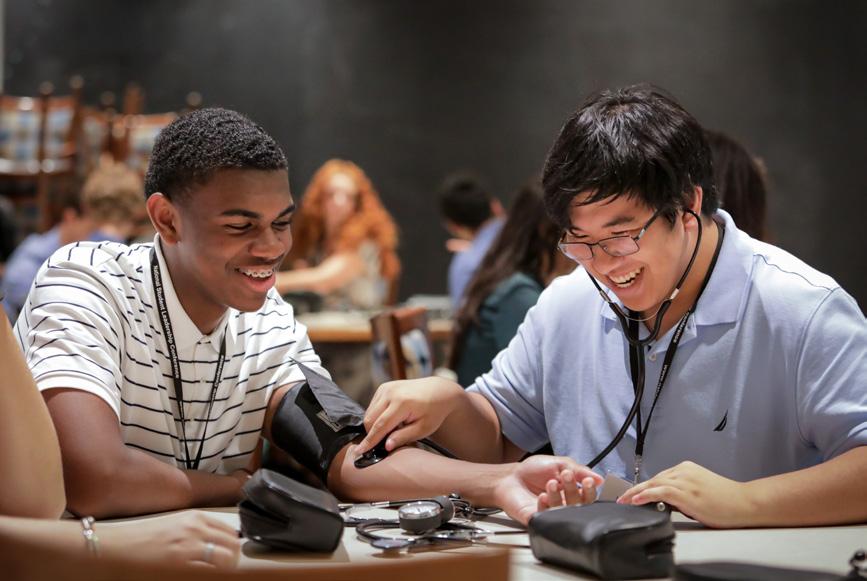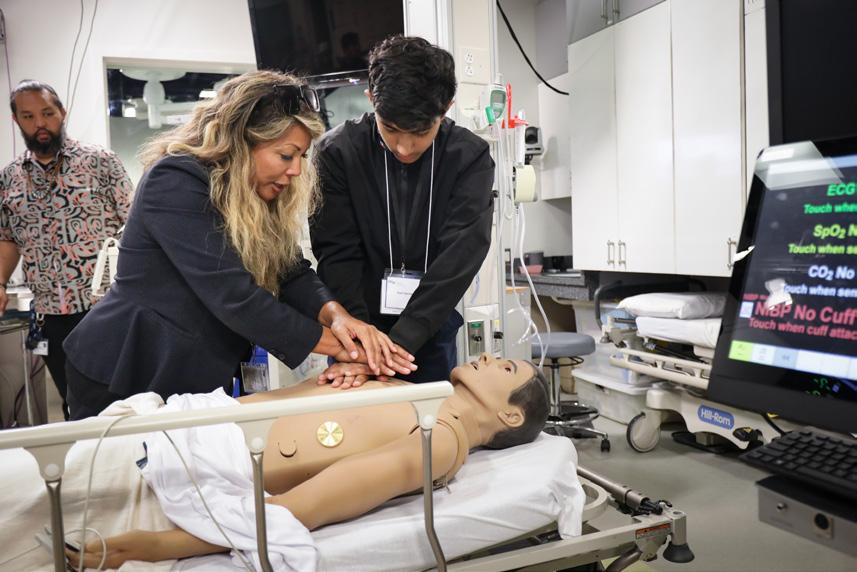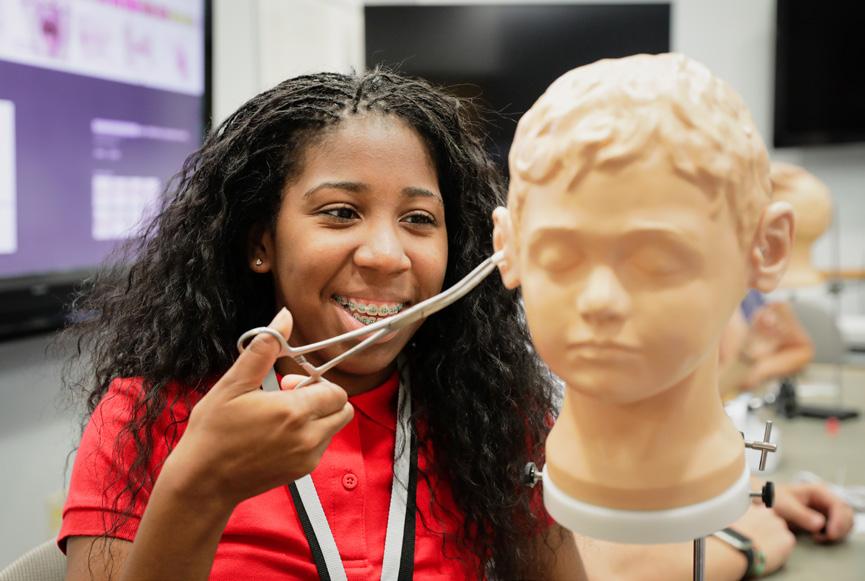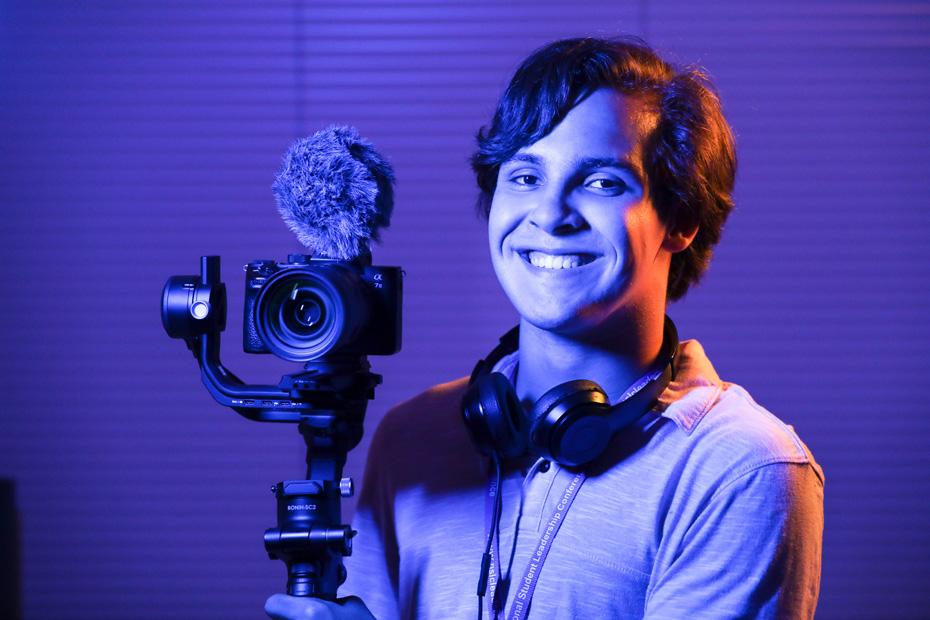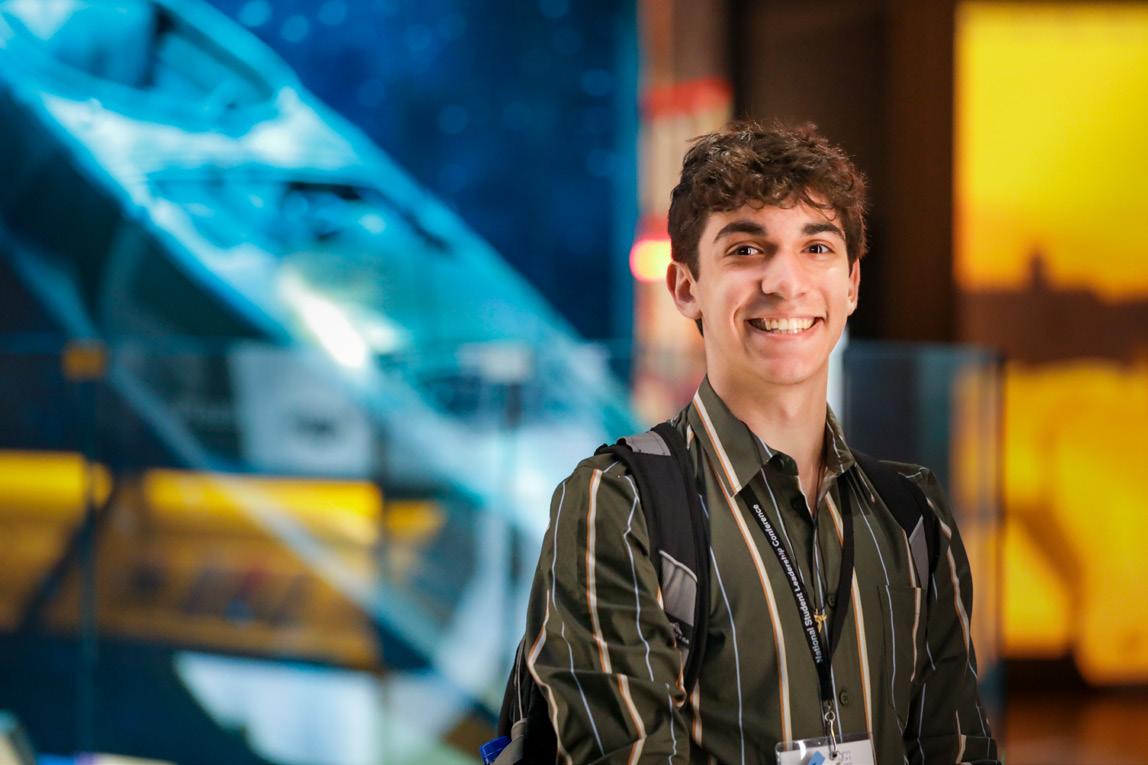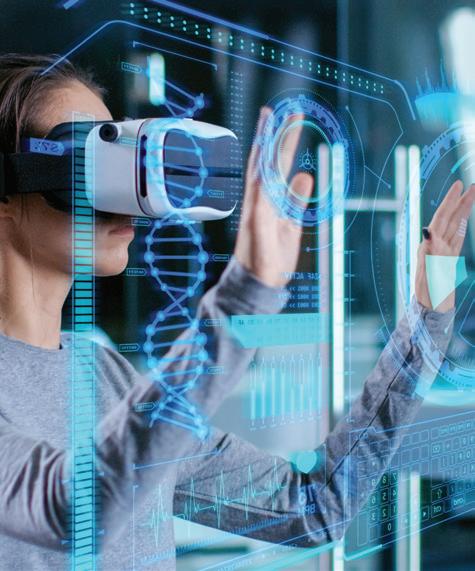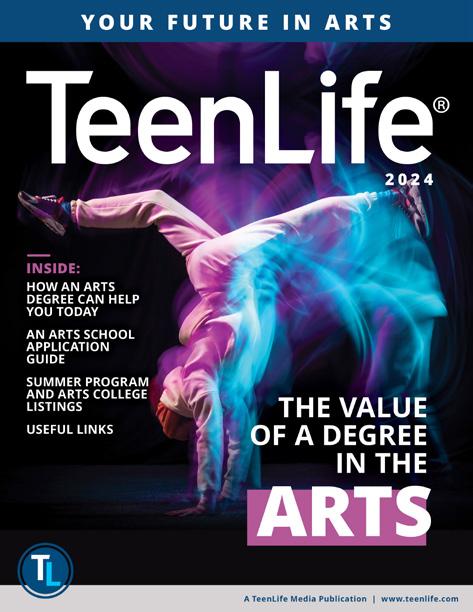





The transformative power of experiential learning
Why high school students should learn to network
Ways to stop the summer slide

You are likely at a point in your educational journey where you have some idea of what you want to do with your life professionally, or are at least beginning to ponder the question. If you’re reading this, you are already much further ahead than I was as a teenager.
Since graduating college, I’ve changed career paths no fewer than three times. I was 21 when I discovered my first professional passion (the apparel industry), 27 when I learned to read a financial statement and found my interest in strategy (in business school), and 30 before I learned to marry my love of product and numbers working for a large beauty corporation. My years of experience trying to find my way professionally led me back to the National Student Leadership Conference, as a second-generation leader following in my father’s footsteps. It’s here I unlocked my most rewarding passion to date — helping young people discover their path and build fulfilling careers.
The world is full of exciting opportunities and careers you may not even know exist. While there are vast resources available online that give you a sense of what different occupations may entail, there’s nothing like trying them out yourself. Pre-college career exploration programs like NSLC allow you space to affirm your passions, uncover new interests, and speak with industry professionals who can put you on a path toward a fulfilling career journey. I know with 100% certainty that there is a career out there that will spark an intellectual light in you and hopefully evolve into a life-long passion.
No matter where your journey ultimately leads, we want to make sure you’re equipped with foundational skills that can apply to all areas of your life. Each of NSLC’s programs is infused with a leadership curriculum that emphasizes communication, teamwork, and management skills, all of which are essential to your future success. By giving you the tools to feel empowered — and, in turn, empower those around you — you’ll have the confidence and readiness to be a leader in any career path you choose.
Career exploration experiences are life-changing, and we believe every student deserves the opportunity to dive into their passions and discover who they are. Success is so much more than just your grades. Experiences, skills, connections, and a little bit of inspiration along the way will set you on the right path, and NSLC is here to give you just that. We hope this guide serves as a helpful roadmap for your future — and we can’t wait to see you in 2025.

Kristina Duffy Hochman Executive Director
National Student Leadership Conference


n today’s rapidly evolving world, traditional classrooms often struggle to provide students with the hands-on experience necessary to transform theories and ideas into practical knowledge and skills. Passive learning methods fail to effectively engage students, while experiential learning offers an alternative approach that boosts engagement, retention, critical thinking, and real-world problem-solving skills.
Experiential learning, a concept popularized by educational theorist David A. Kolb in the 1980s, centers on learning by doing. Unlike traditional education, experiential learning involves active participation and direct interaction with the material, making learning more dynamic and impactful. This method includes activities like hands-on projects, field trips, and volunteer work that allow students to apply concepts learned in the classroom to real-world situations.
Reading, writing, and lectures have formed the cornerstone of education for generations but struggle to fully meet the needs of today’s students. Generation Z’s attention span averages only eight seconds, partly due to the prevalence of digital content, social media, and cell phones. Shifting to student-centered, experiential learning adapts educational methods to keep students interested, focused, and excited about their classes, improving their learning outcomes.
Increased Engagement: Interactive tasks naturally boost student engagement. Asking students
to build a sustainable city model transforms complex urban planning concepts into a hands-on learning experience, capturing students’ imaginations and making learning fun and impactful.
Better Retention: Active participation helps students remember information more effectively. Conducting experiments or participating in community service projects creates memorable learning experiences that enhance retention.
Boosted Critical Thinking: Experiential learning encourages creativity and independent thinking. Group projects, like designing a business plan, require students to analyze trends, develop strategies, and make decisions, fostering critical thinking skills essential for future success. Group work also teaches students core interpersonal skills like conflict resolution and collaboration.
Real-World Problem-Solving: Applying classroom knowledge to real-life situations develops practical problem-solving skills. Simulating historical events or tackling entrepreneurship projects bridges theoretical knowledge and functional skills, preparing students for future academic and professional challenges.
Leadership and pre-college enrichment programs — such as the National Student Leadership Conference — exemplify the power of experiential learning. These programs immerse students in environments where they can explore potential college majors or careers without the usual pressures of grades, homework, or tests. Participants step out of their comfort zones, sharpen critical thinking skills, and cultivate leadership abilities, gaining confidence and the ability to thrive in the future.

American University, 2010
Q: Tell us about your current role and title.
A: I’m an associate producer for “TODAY with Hoda and Jenna.” As a segment producer, I produce segments from beginning to end, whether it’s a live in-studio segment or shoots like a profile on someone, a company founder, or a fun shoot with Hoda and Jenna. My role involves becoming an expert on various topics and handling everything that goes on in the segment. I work with a diverse group of people, including
senior producers, crew, design team, props, graphics, editors, publicists, agents and more. It’s a very creative and logistically challenging role.
Q: How do the skills and insights you learned at NSLC influence your work today?
A: As a student, NSLC laid the foundation for my confidence in pursuing a career in media. Later on, as a TA, I developed leadership skills and learned to communicate effectively with students, which have been crucial in my professional life. Those experiences taught me to handle leadership roles confidently.
Q: What was the most impactful thing you learned about yourself and your passions while at NSLC?
A: Attending NSLC at 15 was my first time away from home and meeting people from different parts of the country. It boosted my confidence in making friends and taught me how to create genuine connections easily. Career-wise, it opened my eyes to the possibility of a career in writing and making videos. It was at NSLC that I first held a camera and realized “I could be good at this.”
Q: How did NSLC shape your career trajectory and influence your work today?
A: NSLC showed me the different forms of storytelling within journalism and media. It helped me see that I could turn my passion for writing into a career. On a personal level, it taught me that everyone has a story to tell and how to connect with people to uncover those stories. The confidence and interpersonal skills I gained there are the backbone of my career today.
Q: What advice do you have for the next generation entering the journalism and broadcast space?
A: My advice is to make friends and build genuine connections. Networking in the media industry is more about forming real relationships than just exchanging business cards. Opportunities often come from friends and colleagues in the industry, so don’t be afraid to start conversations and be yourself. It’s a social industry, so focus on building meaningful connections.
ummer is a time to relax, visit family and friends, and soak up the sun — and it’s also a great time for continued learning opportunities. Without academic support during the summer months, students often experience the “summer slide,” a phenomenon affecting their ability to retain information from one school year to the next.
Regressions in academic proficiency can cause significant issues when students return to school after summer break, but there are effective ways to combat learning loss. Students who participate in summer enrichment opportunities often excel in the following school year, while those experiencing the summer slide may find themselves playing catch-up.
Summer break is a much-deserved time for students. After nine difficult months of learning and testing, prioritizing relaxation helps recharge students’ mental health and well-being. However, a significant percentage of elementary students — between 70% and 78% — experience learning loss in math. Students can also see a decline — up to two months — in reading proficiency. These setbacks can accumulate over time, and finding ways to combat this phenomenon is pivotal to the success of the next generation.
The brain is a muscle that requires consistent enrichment to function productively and retain knowledge in the long term. Structured summer academic engagement opportunities, reading initiatives, and leadership-building activities are easy ways to keep developing minds engaged and sharp while preparing students for the new school year.
Reading: Reading offers an extremely accessible way to prevent the summer slide. By spending just 20 minutes a day reading throughout the summer, students continue to learn new concepts and develop a stronger vocabulary. Encouraging a daily reading habit can make a significant difference in maintaining academic skills from year to year.
Summer Programs: Participating in camps, summer classes, and hands-on programs encourages students to continue learning throughout their longer school break. These activities don’t have to mimic typical classroom learning, either. Whether it’s conducting science experiments, traveling to Washington D.C. monuments, or learning how to build a fire, any activity that expands a student’s skillset can help prevent the summer slide.
Leadership Building: Leadership skills build confidence in students both in and out of the classroom. Some summer programs, like the National Student Leadership Conference, emphasize leadership skills in their curriculum. Cultivating these skills during a school break keeps students engaged, prevents learning loss, and sharpens skills that can apply to all areas of life.

As we look for ways to uplift the next generation, we can ensure students’ future success by creating pathways that engage them even while school is out. Preventing the summer slide is not just about maintaining academic performance; it’s about fostering a lifelong love for learning that can empower students to reach their full potential. By prioritizing continued education and enrichment activities in the summer, we give all students the opportunity to thrive year-round.

Engineering, Yale University, 2017
Q: Tell us a little about your experience at NSLC.
A: I participated in the NSLC engineering program at Yale in 2017. At the time, I was a junior in high school and the program was a significant part of my summer. It wasn’t just about learning engineering; it was about leadership and personal growth. I enjoyed it so much that I returned as an Engineering Assistant Team Advisor (ATA) in 2019 and have been involved with NSLC ever since.
Q: What’s your current role at NSLC?
A: My current position is Program Director for the Architecture program at Georgetown University.
Q: How do the skills and insights you learned at NSLC influence your work today?
A: The adaptability and quick learning skills I developed at NSLC are invaluable in my current work. Each session brings new challenges, and being able to think on my feet and adjust plans is crucial. These skills have also been beneficial in other jobs, showcasing my ability to learn quickly and adapt to new situations. Additionally, I aim to impart these skills to my students, helping them develop a framework for learning new things and adapting to different circumstances.
Q: How do you think NSLC helped prepare you for the transition to college?
A: NSLC prepared me for college by instilling self-worth, confidence and essential communication skills. These skills were invaluable in making new friends and forming connections, both with peers and professionals. When I was a student in 2017, I built lasting friendships, some of which continued into college as a few of us attended the same university. I also stayed in touch with my Team Advisor, who was the first person I informed when I became an ATA in 2019. These connections were incredibly important, whether they developed into strong relationships or simply broadened my network.
Q: What was the most impactful thing you learned about yourself and your passions at NSLC?
A: The most impactful thing I learned about myself at NSLC was the concept of self-worth. Realizing that I have inherent value was transformative. Additionally, I discovered that leadership comes in various forms. I learned that I didn’t need to be the person at the front of the room to be a leader, which greatly boosted my confidence as I transitioned to college. Throughout my time at NSLC, I also embraced the idea of being a lifelong learner, recognizing that you can learn something new at any stage in life.
hen teens sign up for summer programs, they’re usually most excited about getting the chance to live on a college campus, try new activities, take trips related to their career interests, or make new friends outside their hometown. And who can blame them? But there’s another benefit that students shouldn’t overlook: the power of networking. By using summer programs to cultivate a strong network while still in high school, these students can open doors to various opportunities, from internships and scholarships to college admissions and career guidance.
Networking doesn’t come naturally to everyone, and the only way to improve is with practice. Starting while still a teenager creates more opportunities to get comfortable introducing yourself, articulating your passions, and learning what to ask others to make great conversation.
While networking’s primary benefit is the connections you make, it’s also about learning. Summer programs allow you to practice advocating for yourself in different environments, both in and out of the classroom, teaching you how to maximize future networking conversations and opportunities.
Summer programs introduce students to leading experts across a wide range of industries. Capitalize on these rare opportunities by asking these valuable resources questions like:
• Is this the right field for me?
• What can I expect from a career in this field?
• What steps should I take now to achieve future success — and a job in this field?
Summer programs introduce you to life on college campuses filled with people doing important, fascinating work within the university and beyond. These programs offer a chance to cultivate relationships with professors who can:
• Help you understand yourself and define your interests
• Learn why certain topics resonate
• Create a plan to pursue those interests
You’ll learn how to speak to and build relationships with your instructors. These relationships can play an important role as you begin exploring and applying to college programs, jobs, internships, and graduate school — and enrich your college experience and your life outside of the classroom.
Participating in a summer program introduces you to other students like you: smart, driven, passionate, and determined to make the most of their opportunities. Because you share similar hopes and goals, you can become allies and advocates for each other. Embrace this camaraderie, welcome meeting new people, and enjoy the process of embarking on your lifelong educational and professional journey among friends and collaborators.



Architecture, American University, 2021
Q: Tell us about yourself, your background and role at NSLC.
A: I’m originally from Sacramento, CA and I’m a rising sophomore at California Polytechnic Pomona in Los Angeles studying architecture. When I attended NSLC, I had a slight interest in architecture, but I didn’t really understand what it meant to be an architect. NSLC was an opportunity for me to explore this career path. That summer, I learned so many
incredible leadership skills, heard from knowledgeable guest speakers and gained a true understanding of what it takes to be an architect, making my dream a feasible career path.
After I participated in NSLC as a student, I knew I needed to go back and help other students realize their potential. Eventually, I got the position as Head Team Advisor of the Architecture program at American University –a very full-circle moment for me.
Q: What was the most impactful thing you learned about yourself and your passions while at NSLC?
A: As an NSLC student, I met some of the most impactful people in my life. I was introduced to people from around the world that I’m still friends with today. Being around so many people who are equal-minded in terms of motivation and passion for whatever career path they are pursuing pushed me to discover who I am today as a leader and person. Then, being a Team Advisor for NSLC deepened my understanding of what it means for me to be a leader and who I want to be as a person.
Q: How did NSLC help shape your career trajectory? How did it change the way you saw the industry and/or solidify that it was the right career path for you?
A: I had been interested in architecture before NSLC, but when I was just doing research from home, it was hard to tell what it looked like in practice. When I came to NSLC, I was going on field trips, talking to people who work at architecture firms and hearing from successful individuals in the industry. It affirmed that architecture was not only something I was interested in but that there was room in the field to grow and make an impact. I wouldn’t have known this without NSLC. Now, I’m going to a 5-year intensive program at Caltech because NSLC was enough of a push to tell me that this is what I wanted to do.

9-Day Program
Dive into the science of the mind as you compare brain scans, examine cranial anatomy, and learn to treat psychological disorders.
Program Highlights
Examine the brain: Dissect brain tissue and study fMRI, CT, and EEG scans to see the differences between standard and abnormal findings.
• Human behavior workshops: Analyze how environmental factors and genetics inform everyday interactions.
• Clinical diagnostics simulation: Practice how to ask the right questions, order the proper tests, and give an accurate diagnosis throughout multiple patient visits.
Locations & Sample Trips
American University Washington, DC
• Walter Reed National Military Medical Center
The Chicago School of Professional Psychology
Duke University1 Durham, NC
Duke Human Simulation & Patient Safety Center
UNC Simulation Lab
See More
University of California, Berkeley San Francisco, CA
• UC Berkeley Psychology Clinic and Center for Assessment Gladstone Institutes
University of Michigan Ann Arbor, MI
• U-M Psych Lab Tours
• University of Michigan
Medical School Department of Neurology
See dates, tuition, sample schedules, and more at nslcleaders.org/psyc



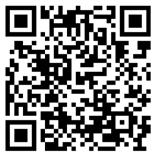
Questions?
“I didn’t expect the wide range of activities that we could experience. From the hospital visits, to the medical schools and dissections, I loved them all.”
- Sarah, Alum


9-Day Program
Unravel a mystery and build a body of evidence as you conduct an investigation of a crime scene with your team.
Program Highlights
Uncover evidence: Conduct a crime scene investigation and analyze your findings alongside your team as you work to solve a murder.
• Learn investigative techniques: Workshops in fingerprinting, blood spatter patterns, and DNA analysis teach you how to interpret evidence collected at the scene of a crime.
• Meet the professionals: Leading forensic experts and practitioners from the DEA, NCIS, and the Department of Justice share their career journeys and day-to-day experiences.
Hands-on anatomy lab: Learn the process of performing an autopsy through fetal pig dissections.
Locations & Sample Trips
American University Washington, DC Drug Enforcement Administration
• Federal Bureau of Investigation
• Office of the Chief Medical Examiner
• Capitol Hill and Smithsonian Museums
Historic DC Monuments at Night
See More
Columbia University2 New York, NY
• John Jay College of Criminal Justice
• Federal Bureau of Investigation New York Field Office
• SpyScape
• Times Square



See dates, tuition, sample schedules, and more at nslcleaders.org/fsci

“One aspect that stood out to me was the amount of hands-on activities we got to complete. I feel like it helped me better understand forensic science and gain experience in that field.”
- Lauren, Alum
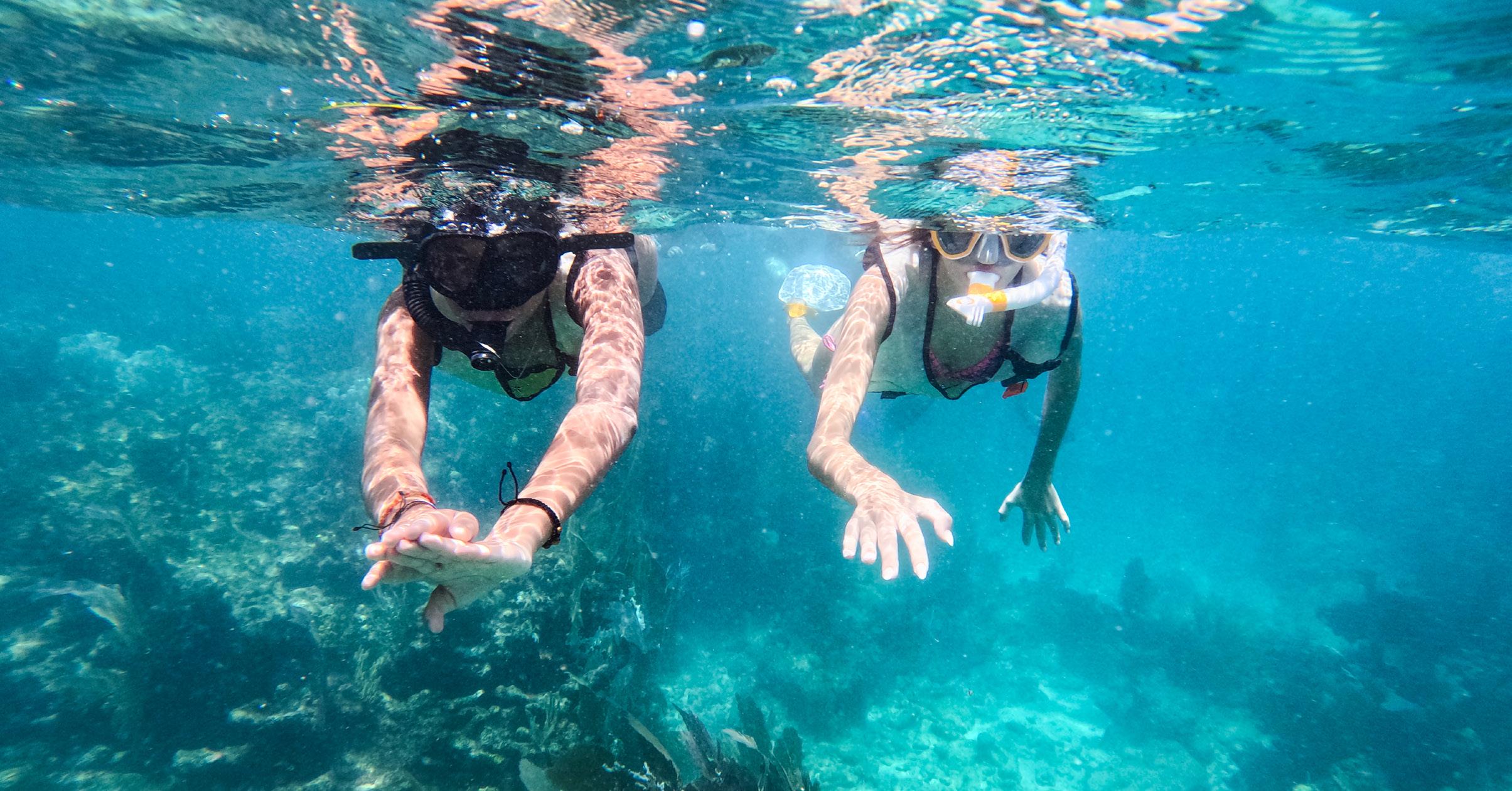
9-Day Program
Dive into the relationships between humans and marine ecosystems. Deepen your understanding through workshops that challenge ecological theories and explore human impacts on aquatic life.
Program Highlights
Hands-on training: Sea life dissections, intertidal assessments, and organismal adaptation workshops give you an in-depth look at important marine issues.
• Coral reef ecosystems: Learn about the health and biodiversity of coastal reefs and why they are essential to humans and marine life.
• Microplastics: Gather sand samples to discover how microplastics affect coastal wildlife, and participate in a beach clean-up project.
• Fish identification: Conduct a simulated field survey of area biodiversity, learning about local fish species and how to identify them.
Location & Sample Trips
University of Miami Miami, FL
Shark Tagging, Field School
Coral Reef Ecology & Snorkel, Florida Keys Sanctuary
• Rosenstiel School of Marine & Atmospheric Sciences Lab Tour
• Beach Clean-Up at Crandon Park Lincoln Road
See More
University of British Columbia1 Vancouver, BC
Intertidal Beach Tidepooling
Vancouver Aquarium & Marine Mammal Research Center
• Kayak Bioluminescence Night Tour
• Pacific Science Enterprise Centre
Whale Watching Cruise Granville Island
See dates, tuition, sample schedules, and more at nslcleaders.org/mbio
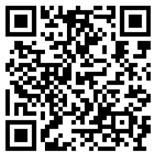





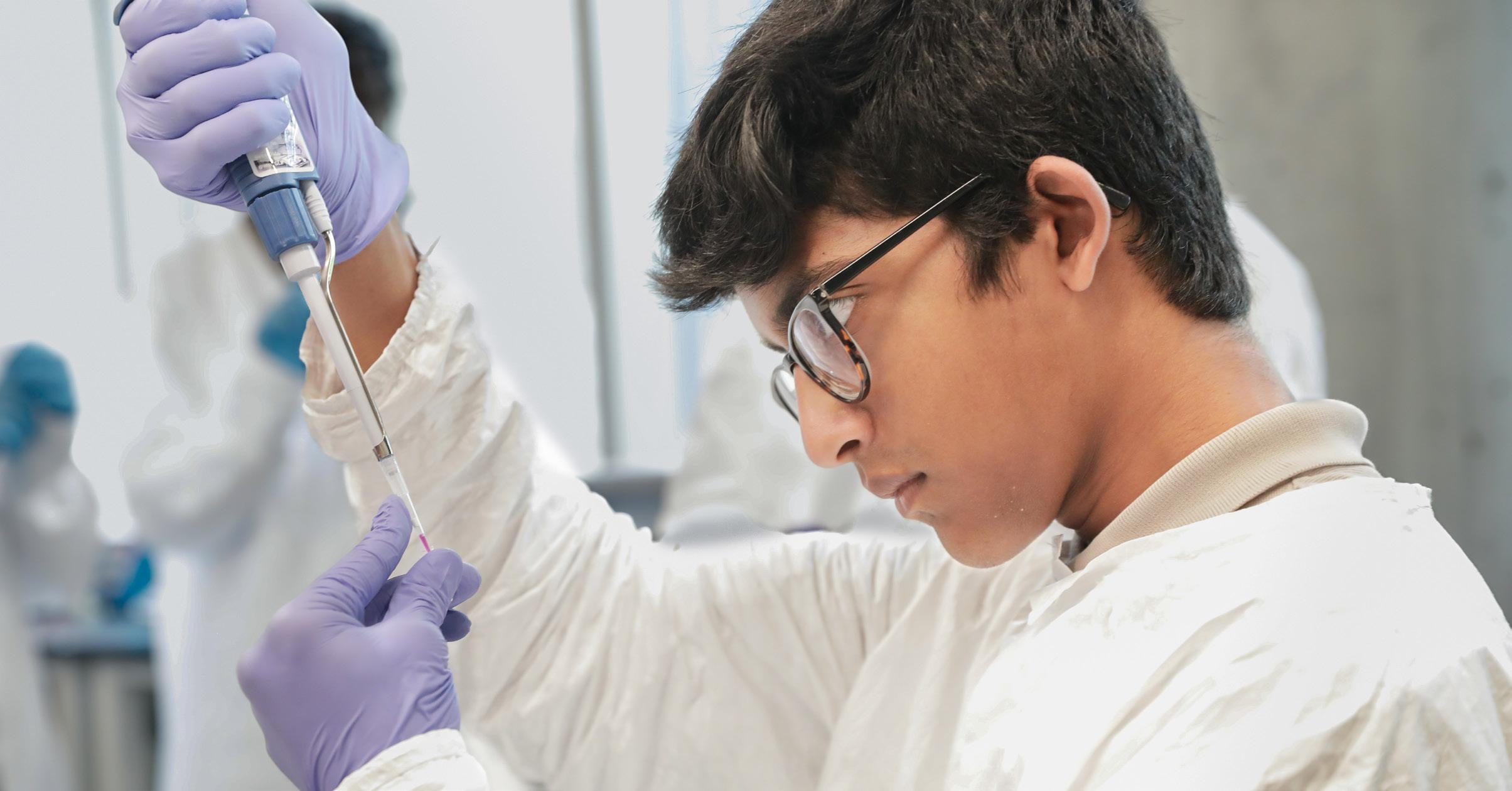
9-Day Program
Go behind the scenes at some of the country’s most advanced research labs, exploring leading-edge technologies used in medicine, energy production, agriculture, and bioengineering.
Program Highlights
DNA manipulation: Extract DNA, amplify it with PCR techniques, and use restriction enzymes to determine the presence of specific genes.
• Gain engineering skills: Breadboarding, CAD, and 3D modeling workshops give you the knowledge to turn your ideas into prototypes.
• Design workshops: Discover alternative energy options through dyesensitized solar cells and learn about prosthetic limbs while creating a myoelectric arm.
Data analysis: Enhance your designs through predictive data models that provide critical knowledge for prototype testing.
Locations & Sample Trips
American University
Washington, DC
•Food & Drug Administration
•George Washington University Labs
•Sanaria Inc.
•Institute for Bioscience & Biotechnology Research
•Capitol Hill and Smithsonian Museums
See More
University of California, Berkeley
San Francisco, CA
•The Gladstone Institutes
•The Exploratorium
•Joint Bio-Energy Institutes
•Ohlone Labs
•Pier 39
•Fisherman’s Wharf
See dates, tuition, sample schedules, and more at nslcleaders.org/biot


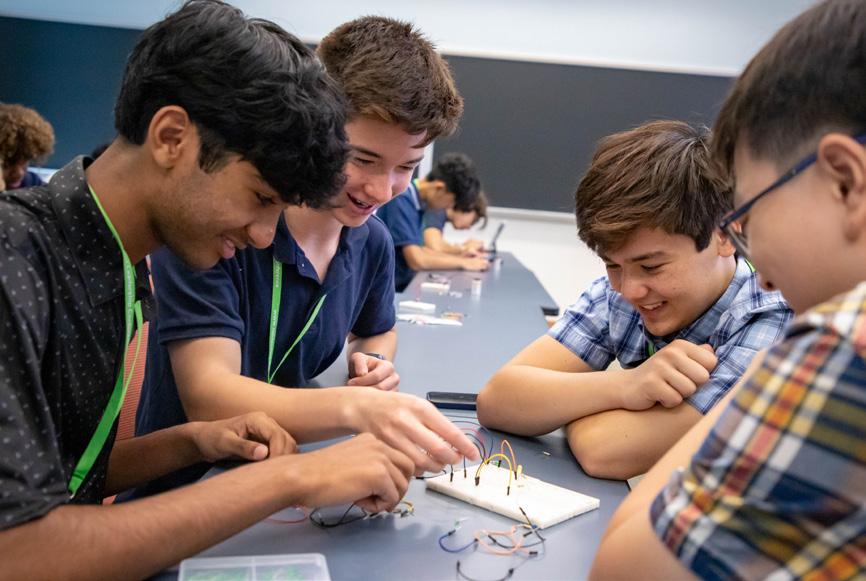

1
“My NSLC experience here was great and it opened up my eyes to the biotech field. It has helped me narrow down what I want to do in the future.”
-Janus, Alum

Step into the shoes of a trial attorney as you learn courtroom procedures, examine crucial trial evidence and witness statements, and prepare compelling arguments for a challenging criminal case.
Trial techniques: Workshops in effective opening and closing statements, direct and cross examinations, objections, and jury selection prepare you to take on a courtroom.
• SCOTUS simulation: Research Supreme Court cases, create briefings, and use constitutional law to argue your stance as a Justice.
• Mock trial: Apply the trial techniques you’ve learned to bring a criminal to justice, acting as a lawyer and arguing your case in the courtroom.
Learn from professionals: Leading legal experts from top firms and the Department of Justice share professional strategies for working in the court system.
Locations & Sample Trips
Georgetown University Washington, DC
•U.S. Supreme Court
•Drug Enforcement Administration
•Maryland Supreme Court
University of Michigan Ann Arbor, MI
•U.S. District Court
•University of Michigan Law School
•Michigan Supreme Court
See More
See dates, tuition, sample schedules, and more at nslcleaders.org/law
Yale University New Haven, CT
•Yale Law School
•Connecticut Supreme Court
•Connecticut State Capitol
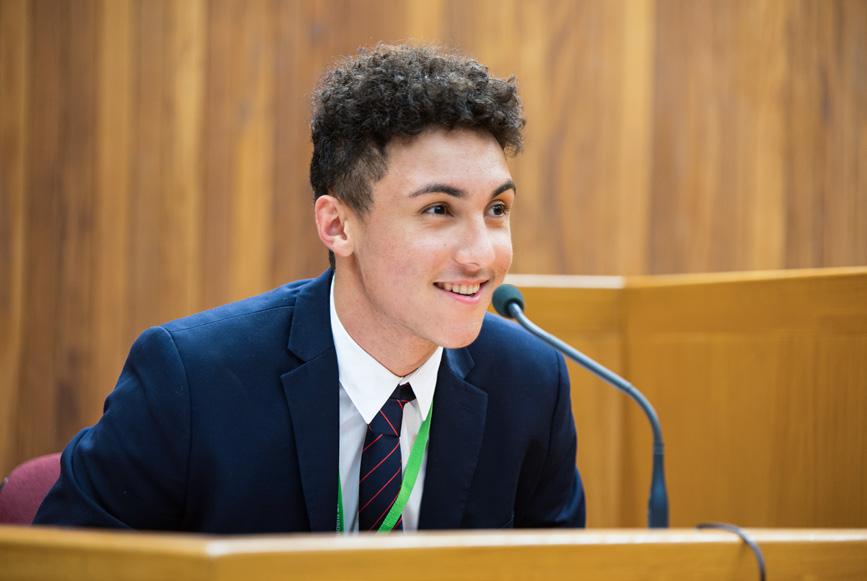


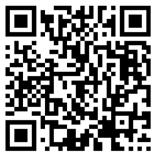
“I met so many new people, and was able to leave my comfort zone. I learned a lot about the legal field, and it made me more excited for my future career.”
-Dominique, Alum


Powered
by
NSLC partners with Inc. Magazine to introduce students to the skills of successful entrepreneurs and explore what it takes to create a thriving business from the ground up.
Program Highlights
Pitch a product: Develop a new business idea and pitch your plan to a panel of experts from Inc. Magazine.
• Marketing essentials: Learn strategies to evaluate your competition, price your product, and effectively reach your consumer.
• Management simulation: Make decisions across finance, marketing, R&D, and production that generate success for your business.
• Meet the professionals: Inc. 5000 entrepreneurs share their stories of building successful businesses and lessons learned along the way.
Locations & Sample Trips
Columbia University1 New York, NY
•Inc. Magazine
•Adonis Corporate Visit
Duke University2
Durham, NC
•Fuqua School of Business
•Kenan-Flagler Business School
University of California, Berkeley San Francisco, CA
•Haas School of Business
•SAP San Fransisco
University of California, Los Angeles
Los Angeles, CA
•Business Accelerator
•Business School Visit
University of Michigan
Ann Arbor, MI
•Stephen M. Ross School of Business
•SPARK Ann Arbor
Yale University
New Haven, CT
•Yale School of Management
•PEZ Factory Tour



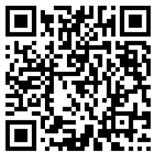

9-Day Program
Discover the variety of careers in the world of sports, exploring how the essential business skills of negotiation, advertising, public relations, and management are applied to sports-related roles.
Program Highlights
Off-the-field opportunities: Learn how your love of sports can turn into a successful career as an agent, marketer, publicist, or director.
• Client management simulation: Guide an athlete through contracts, endorsements, and public relations issues as they build their career.
• Athletic director simulation: Assume the role of a college athletic director as you plan a regular season, work within a budget, and analyze pre-season player stats.
Business fundamentals: Workshops in negotiation, conflict resolution, advertising, PR, and event marketing prepare you for the big leagues.
Locations & Sample Trips
Columbia University1 New York, NY
•Madison Square Garden
•MetLife Stadium
•Yankees or Mets Game
•New York Liberty Game
•Bleacher Report
Duke University2 Durham, NC
•Durham Bulls Stadium
•Duke Basketball Museum & Sports Hall of Fame
•Cameron Indoor Stadium
•American Tobacco Campus
•North Carolina FC
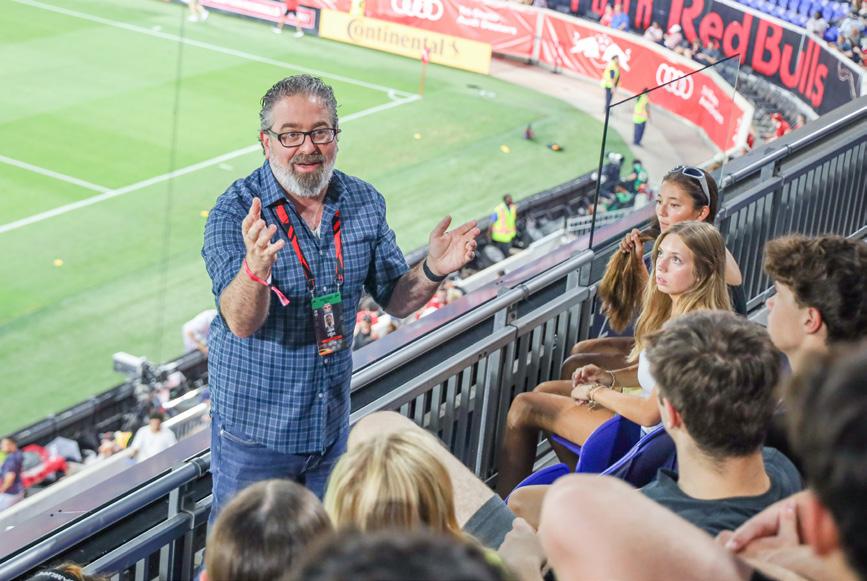

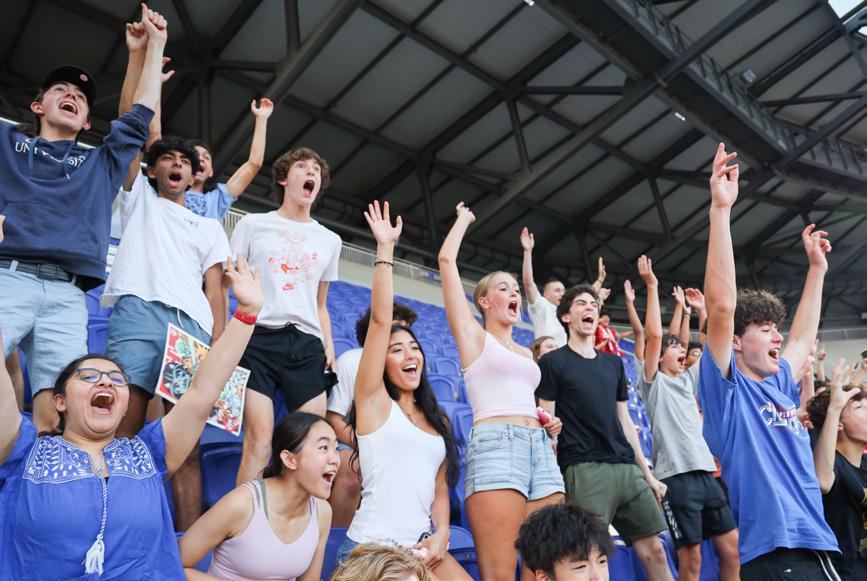
See More
See dates, tuition, sample schedules, and more at nslcleaders.org/sport

Questions? info@nslcleaders.org
“I was able to not only learn about the sports management field but also about who I am as a person.”
-Jane
, Alum


9 or 10-Day Program
Explore careers in civil, mechanical, and chemical engineering, discovering real-world applications for your creativity.
Program Highlights
Machine design: Build an underwater ROV and a remote-controlled car, then test your design in peer competitions.
• Learn fundamental skills: Hands-on workshops teach you breadboarding, programming, soldering, and CAD techniques.
• Alternative energy workshops: Construct a wind turbine, explore renewable energy, and learn to efficiently harness natural resources.
Duke University2 Durham, NC
•Harris Environmental Center
•Duke Engineering Design POD
Johns Hopkins University3 Baltimore, MD
•NASA Goddard Flight Center
•JHU Whiting School of Engineering
University of California, Berkeley San Francisco, CA
•UC Berkeley College of Engineering
•Golden Gate Bridge Architectural Tour
See More
University of Michigan Ann Arbor, MI
•Ford Rouge Factory
•U-M College of Engineering
University of Oxford Oxford, England
•BMW MINI
•Institution of Mechanical Engineers
Yale University New Haven, CT
•Yale School of Engineering & Applied Science
•Boston Museum of Science
See dates, tuition, sample schedules, and more at nslcleaders.org/engn

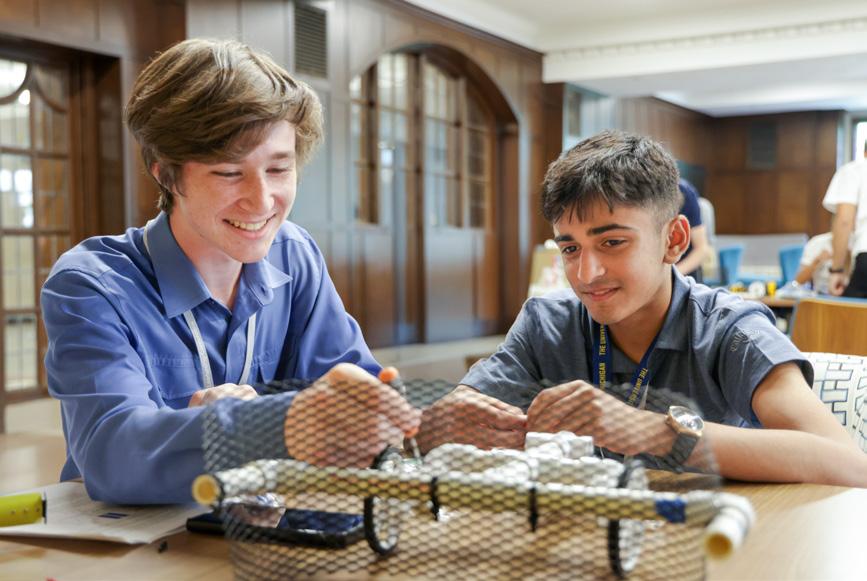


“What really surprised me at NSLC was the people. I met so many amazing people that I would have never been able to meet otherwise.”
-Daniel, Alum

9-Day Program
Explore the real-world capabilities of AI and machine learning through projects that positively impact the world’s biggest industries.
Program Highlights
• Machine learning: Discover the core methods algorithms use to analyze data, mimic human thinking, and solve complex problems.
• AI in industry: Investigate the latest applications of AI in the world’s biggest industries and its rise to the forefront of today’s technology. Game theory: Examine how AI systems understand strategic human interaction and decision-making, creating algorithms for competitions, collaborations, and negotiations.
• Ethical usage workshop: Address core concerns around the growth of AI technology, including privacy, biases, and safety.
Locations & Sample Trips
Duke University1 Durham, NC
• Lenovo
•American Tobacco Campus
Johns Hopkins University2 Baltimore, MD
•Amazon
•JHU Whiting School of Engineering
See More
University of California, Berkeley San Francisco, CA
•Institute for Computational and Mathematical Engineering
•Fisherman’s Wharf
See dates, tuition, sample schedules, and more at nslcleaders.org/ai



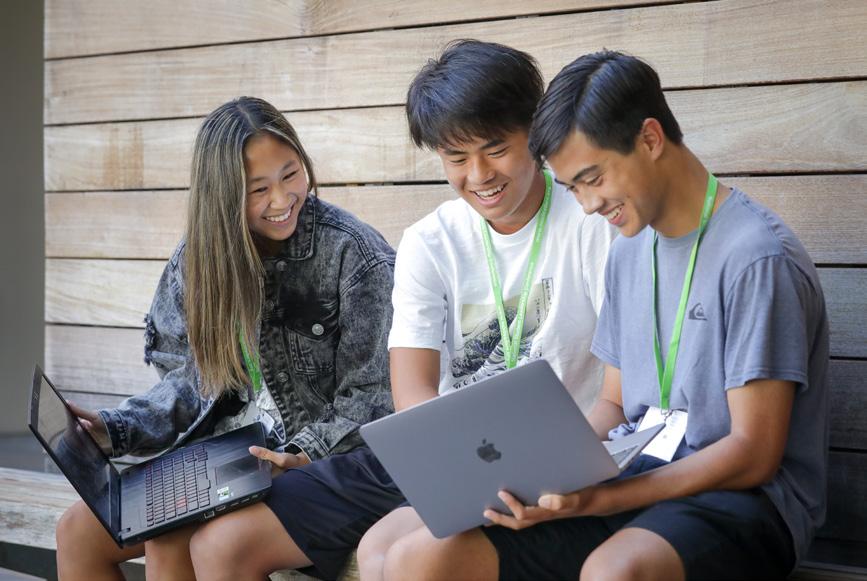



9-Day Program
Go behind the scenes and discover how state-of-the-art aircraft and spacecraft are being constructed. Design and build a UAV, orchestrate a Mars mission, and launch custom rockets alongside your team.
Full-throttle workshops: Explore aerodynamics, aeronautics, astronautics, satellites, and missiles.
• Engineering challenges: Design, build, and launch rockets, planes, drones, wind turbines, and payload delivery systems.
• Essential skills training: Learn the fundamentals of soldering, coding, CAD, and propulsion and apply them to your projects.
Payload delivery systems: Build a lander system that safely transports and delivers cargo, understanding the critical role these devices play in aerospace, emergency response, and defense.
Mission to Mars: Design components of a spacecraft, colony, and vehicle fleet that will carry future astronauts to the next frontier.
Locations & Sample Trips
Duke University1 Durham, NC
•Seymour Johnson Air Force
Base
•American Tobacco Campus
•North Carolina Museum of Natural Science
Johns Hopkins University2 Baltimore, MD
•NASA
•Johns Hopkins Whiting School of Engineering Lab Tours
•Steven F. Udvar-Hazy Center
•Joint Base Andrews - U.S. Air Force
•Historic DC Monuments at Night
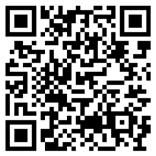



“A career in aerospace is something I had been considering before but now I can see that it is something I really want to do.”
-Matt, Alum
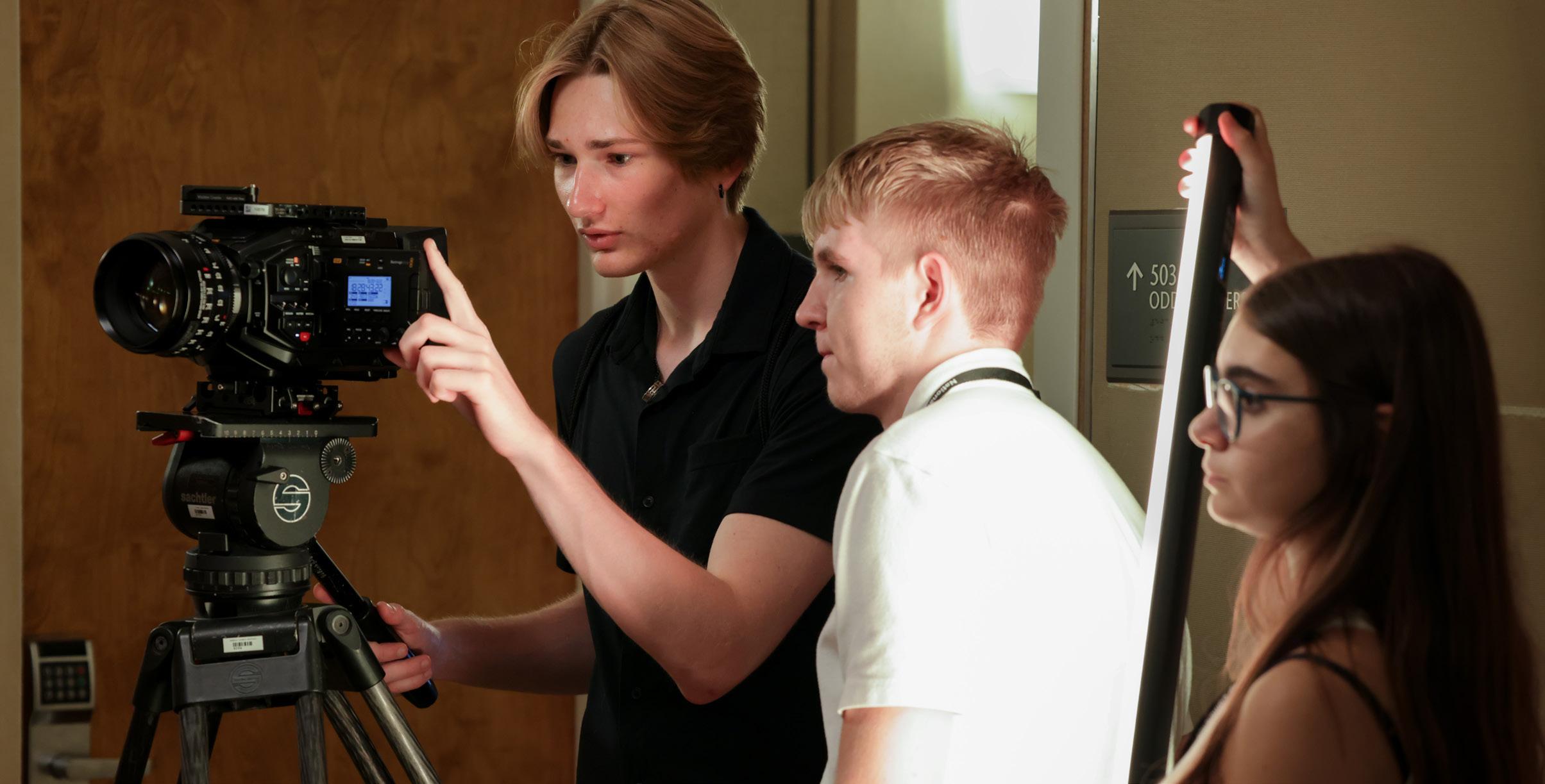
9-Day Program
Experience the art of cinematic storytelling as you collaborate with your artistic team to produce a short narrative film.
Program Highlights
• Film rotations: Gain a variety of industry skills through hands-on workshops in visual design and cinema cameras, lighting and DSLRs, editing, acting, and directing.
• Set your filming foundation: Explore the principles of production, direction, shot design, and cinematography to create your film.
• Develop a script: Learn the fundamentals of story structure, script formatting, and creating natural dialogue between your characters.
• Bring your story to the screen: Shoot your narrative film with your production team and learn editing techniques to perfect your project.
Locations & Sample Trips
University of California, Los Angeles
Los Angeles, CA
Trailer Park Group Studio Tour
Warner Brothers Studios
Academy Museum of Motion Pictures
• Laemmle Monica Film Center
• Santa Monica Pier
See More
University of British Columbia1 Vancouver, BC
Vancouver Film School
VIFF Centre
Vancouver Studio Tour
Granville Island
Frederic Wood Theatre
• Dorothy Somerset Theatre
See dates, tuition, sample schedules, and more at nslcleaders.org/film

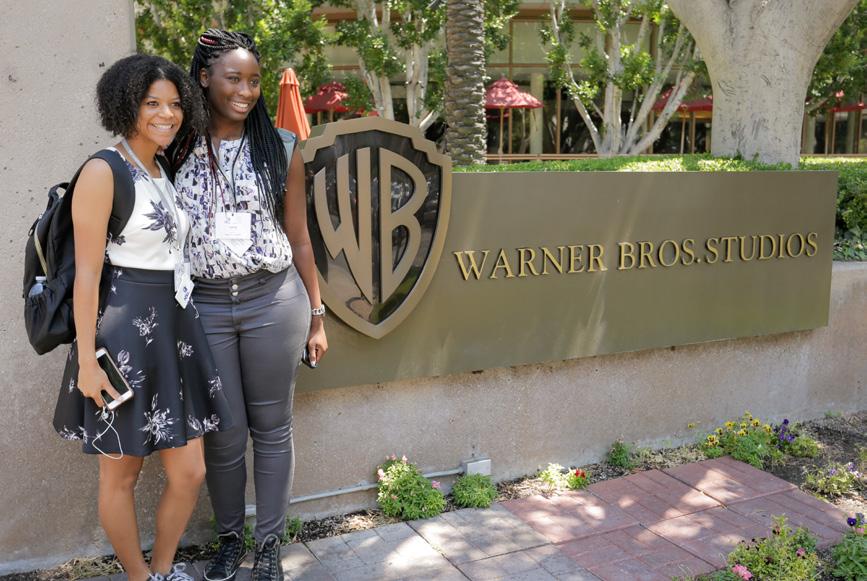





9-Day Program
Assume the role of a physician as you practice surgical skills, collaborate with your medical team to diagnose patients, and research public health issues with your peers.
Program Highlights
Gain surgical experience: Develop the key skills of suturing, dissection, and surgical knot-tying with guidance from practicing surgeons and physicians.
• Clinical diagnostics simulation: Practice how to ask the right questions, order the proper tests, and give an accurate diagnosis throughout multiple patient visits.
Epidemiology: Discover how diseases spread throughout a population, using contact tracing to identify the original source.
American University
Washington, DC
• University of Maryland Medical School & Shock Trauma Center
• Walter Reed National Military Medical Center
Duke University2 Durham, NC
• Duke Human Simulation and Patient Safety Center
UNC Simulation Lab
University of British Columbia1 Vancouver, BC
Medical Simulation Lab
Granville Island
University of California, Berkeley
San Francisco, CA
Gladstone Institutes
UC Berkeley School of Optometry
University of Miami
Miami, FL
• University of Miami Miller School of Medicine Simulation Lab
• Frost Science Museum
University of Michigan
Ann Arbor, MI
• Medical Simulation Lab
• Henry Ford Museum and Greenfield Village
Yale University
New Haven, CT
• Massachusetts General Hospital
• Yale Medical School Center for Medical Simulation
